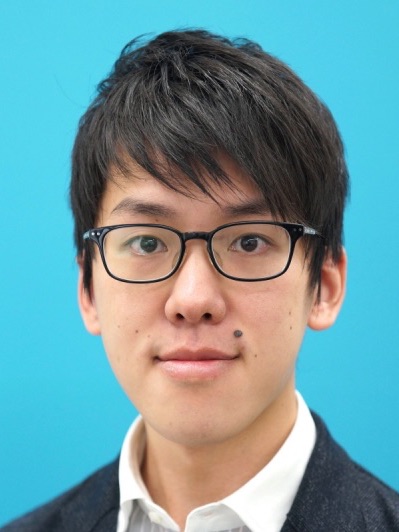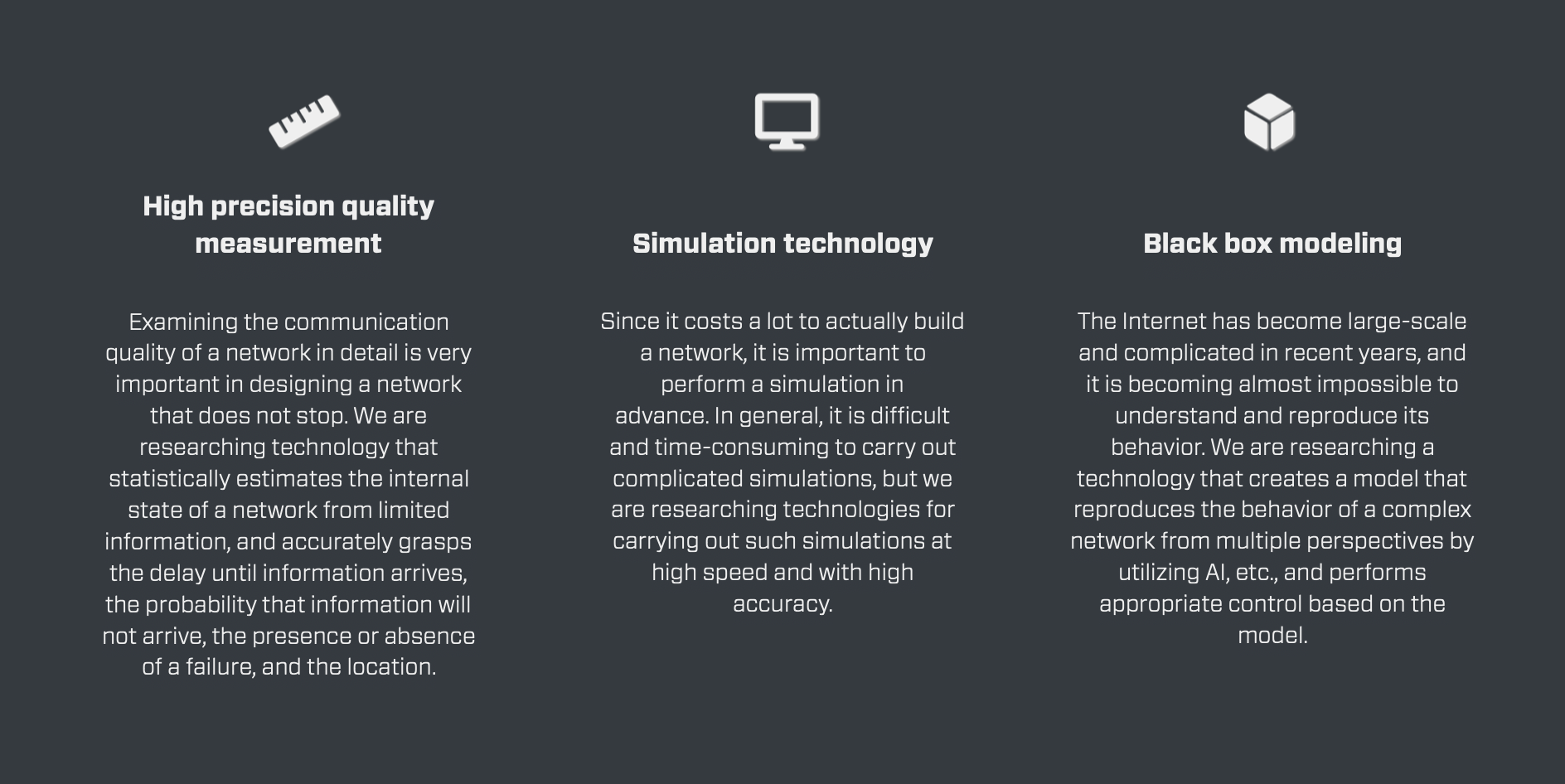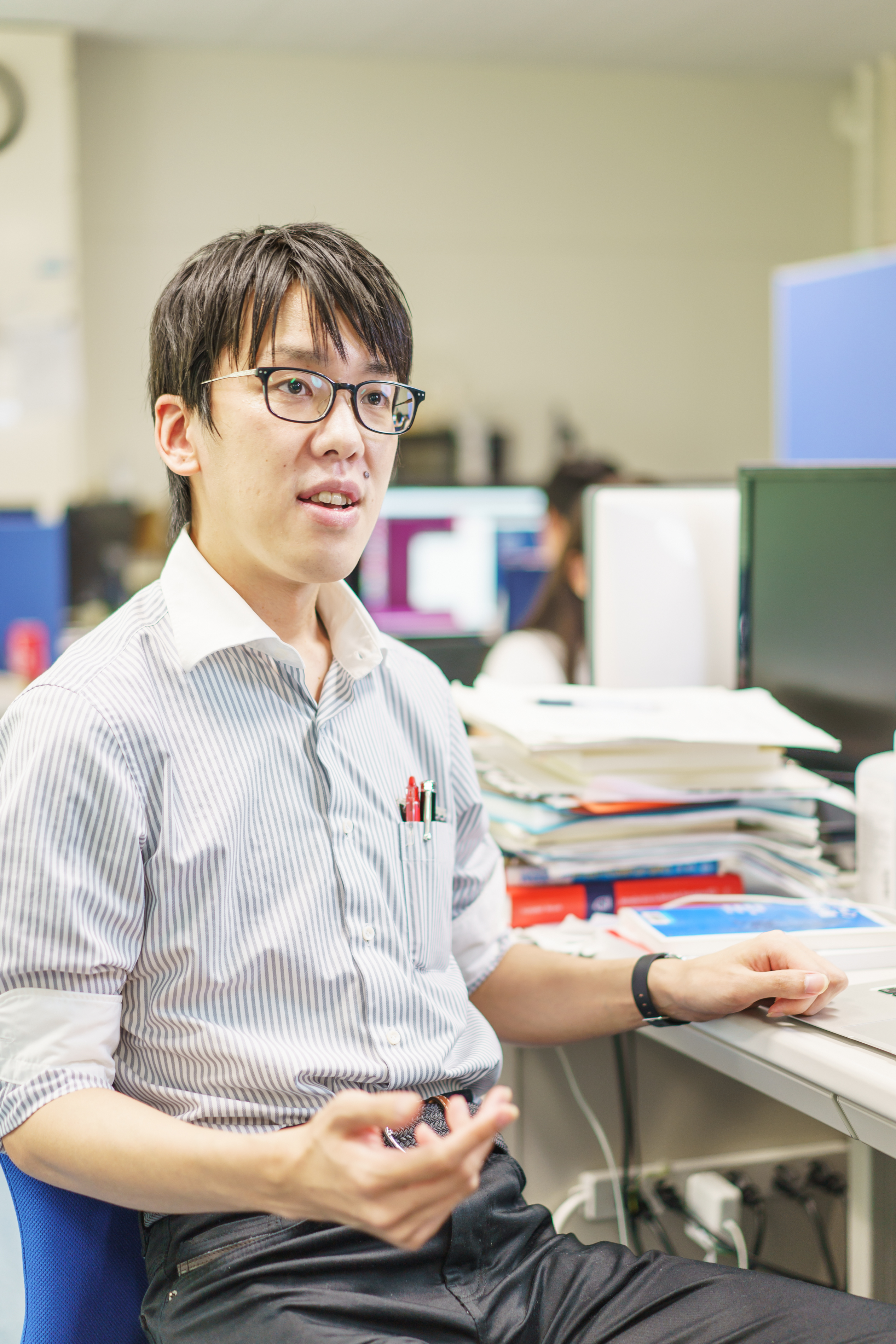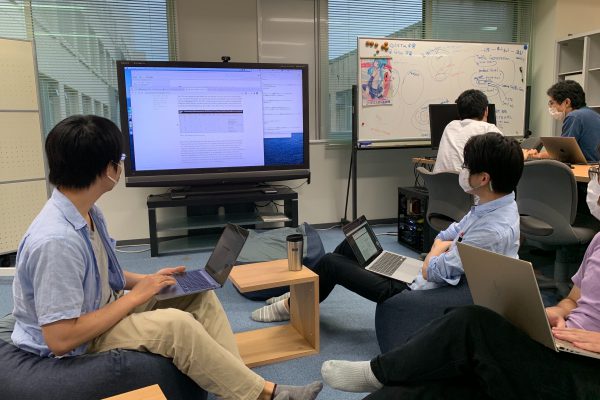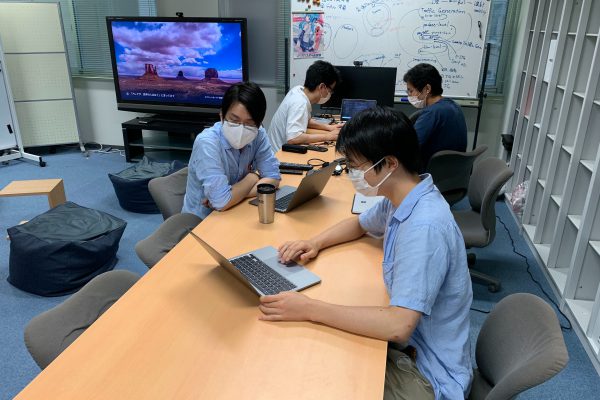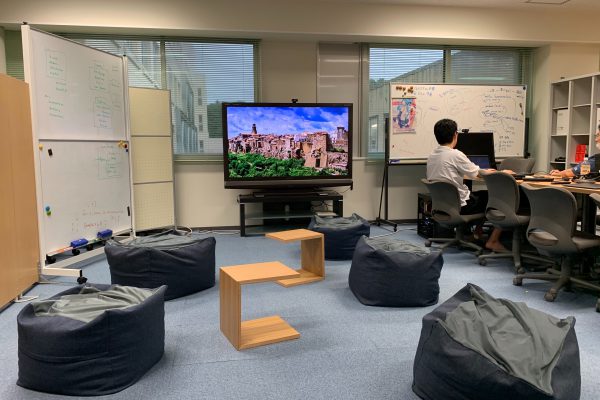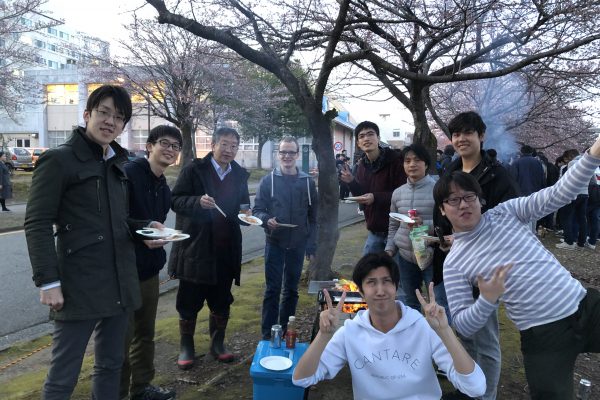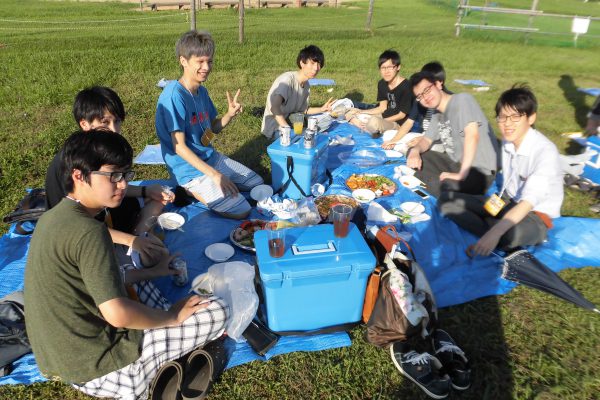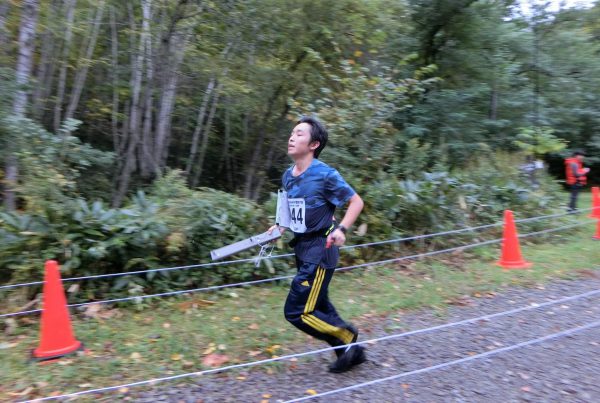There seems to be no slowing down our collective demand for the Internet. For everything from shopping to banking to entertainment to keeping in touch with loved ones, we have grown more reliant than ever on this global network.
This becomes especially apparent during times of crisis such as the recent pandemic, calamities, and other emergencies, when traffic tends to spike.
Inevitably, this massive demand leads to glitches, slow speeds, and failures, which need to be addressed to keep the network functioning at optimal levels.
This constant improvement of the Internet is where Nagaoka University of Technology’s Prof. Kohei Watabe’s heart, passion, and academic specialization lie.
Prof. Kohei Watabe of Nagaoka University of Technology’s Communication Networks Laboratory.
Background
Prof. Watabe was born in Saitama, a prefecture north of Tokyo. He has since moved to Osaka, and later to Nagaoka.
In 2009, he graduated from the Faculty of System Design at Tokyo Metropolitan University.
It was here where he met his mentors, and possibly, where his profound interest on the Internet was stirred.
He completed the master’s program at the Graduate School of System Design at Tokyo Metropolitan University in 2011. At Osaka University’s Graduate School of Information Science and Technology in 2014, he completed his doctorate.
Currently, he is associate professor at the Graduate School of Engineering at Nagaoka University of Technology.
At NUT, the research lab works towards “realizing ultra-reliable networks and a communication infrastructure that can be used with peace of mind.”
In particular, said lab focuses on of scalability, reliability, and resiliency, in researches on high-precision quality measurement, simulation technology, and black box modeling—aspects in which Prof. Watabe and his chosen field of study show deep interest.
Research conducted at the Communication Networks Laboratory. Source: ComNets Lab
Improved Internet
In a nutshell, Prof. Watabe believes that there should be continuous effort to improve the quality of the Internet.
He anticipates that the heavy consumption and demand will continue to lead to fluctuations and give rise to negative impacts on the quality of the network.
Thus, he suggests that technologies for detecting failure and traffic congestion as well as preventing the loss of valuable information should be developed as measures to respond to these significant issues.
This aligns with his studies on fluctuations and network performance.
For example, he pointed out that poor network quality affects the educational process in a remote learning setup, which relies heavily on technologies such as video conferencing, and at the same time demands a high network quality.
Prof. Watabe explains how a slow Internet and intermittent Internet connection can affect the overall online experience. Source: NUT
One step at a time
Prof. Watabe envisions the improvement of the Internet to be a step-by-step process.
Step one, necessarily, is data generation.
“Data science is an attractive topic for many researchers,” according to Prof. Watabe, “and one that has numerous practical applications.”
Data science can, for instance, minimize traffic congestion if used by the government in road plans.
”If the government plans to build a new road, we can analyze how many people can possibly use that road. This can be determined before the construction starts, based on the network data.
Prof. Kohei WatabeAssociate Professor, Nagaoka University of Technology
Data science can also be used in the analysis of the spread of epidemics, improve the efficiency of information spread in communication systems, prevent the loss of information, detect network failure, and improve video conferencing.
It can even enhance the experience in the viewing of sports, where data may be used to offer multiple viewpoints.
He cautions, however, against the use of private data on the network – a practice that can and should be avoided by those who engage in data science.
Instead, he advocates for the generation of what is known as fake data, in order to analyze the network.
Also called synthetic data, this has the advantage of being free of privacy restrictions, and can thus be used in studies without having to worry about privacy concerns.
Meanwhile, he also provides guidance on the specific steps researchers may take on particular practical issues.
One such issue is increased traffic, which requires increased bandwidth.
Prof. Watabe suggests using data to determine which wire can and should be extended.
In terms of network failure, he recommends choosing network endpoints, sending packets to the Internet, and monitoring the delay or loss of information for each endpoint. Mathematical modeling may be used to identify the delay from each endpoint and detect the failure of the network, according to the assistant professor.
”If the point of failure is found rapidly, the communication quality of the Internet will be improved. Then one can take action to recover the failure. For too much congestion, we must control this congestion to prevent the loss of information.
Prof. Kohei WatabeAssociate Professor, Nagaoka University of Technology
Another interesting field of study within data science is networking by AI.
According to Prof. Watabe, there is still a lack of research at the moment on this topic, and those in the field may want to consider exploring its many possibilities.
Ultimate Goal
One can only hope that students accept the vast challenge of looking after and continuously working for the improvement of the global network on which our convenience, comfort, relationships, education, enterprise, entertainment, and even our personal safety and security, are increasingly contingent.
As our demand for the Internet continues to rise dramatically, so will the need for intrepid and innovative minds like Prof. Watabe.
“It is a challenging environment and a good environment for me,” he says.
“We do not measure a student’s ability based on the results of paper tests. There are genius students at NUT whose strengths are more than the paper tests. We have lots of challenging minds here,” he quips.
At NUT, Prof. Watabe says the environment is specifically tailored to cultivate students who dare to take on these challenges.
To achieve this, he advises students to take on the challenge of tackling unresolved and unknown problems in research.
“Currently the Internet cannot satisfy these requirements of emerging applications. If we use the current Internet, and it stops, it can pose risks to us. It can put people in life-threatening situations,” Prof. Watabe says.
This prospect excites Prof. Watabe, who foresees thrilling potentials and applications for the Internet in telesurgery, automatic driving, e-sports, and videoconferencing, among others.
In all these, his end goal is to never stop the Internet, and to allow for its continued development.
To learn more about Prof. Kohei Watabe and the Communication Networks Laboratory, visit their website here.
Main image sourced from: Lifewire


